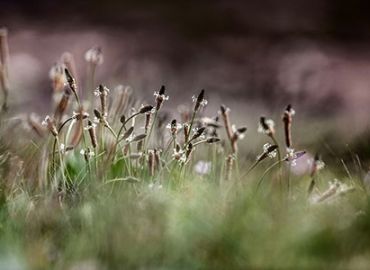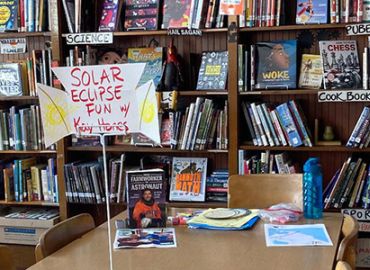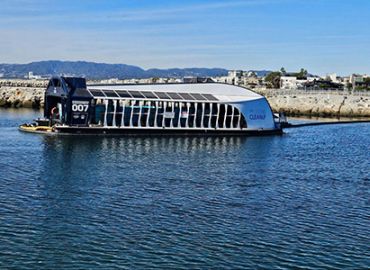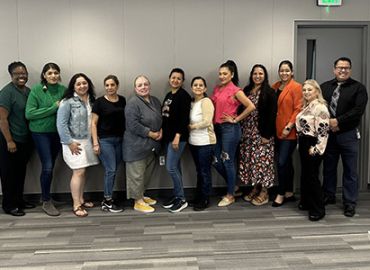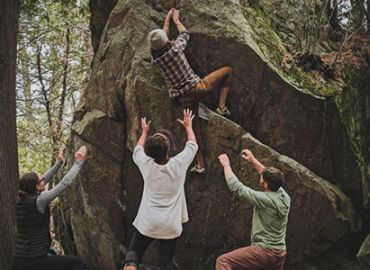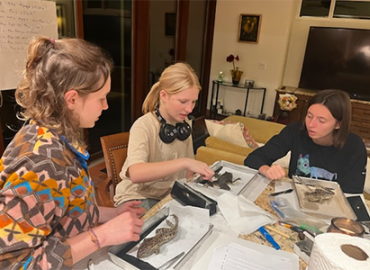Archives
5 Criteria for Selecting Great Teaching Phenomena
Phenomenon-based learning is a central component of the Next Generation Science Standards, and it’s a great practice: when we use real-world experiences and questions to introduce a science topic, students engage much more deeply.
My Experiences as an Eclipse Ambassador
The Solar Eclipse on April 8th was visible in parts of Mexico, United States & Eastern Canada. I wanted to share the eclipse with the students and families of my community.
A Multicultural and Multi-Sensory Eclipse Experience
I wanted to organize an eclipse event for students and families to experience the April 8 eclipse. Unlike other places where astronomers and astronomy sets were accessible to the public, I had to organize the eclipse event and presentation by…
Empowering Every Student: Supporting All Learners for CAST Success
As science educators, our mission is not just to teach but to inspire, engage, and empower every student to thrive in an ever-evolving world. With the forthcoming inclusion of science as a metric on the “Dashboard”, the California Science Test (CAST)…
Increasing Student Awareness of Coral Reef Conservation with Inquiry and Participatory Education
Imagine traveling with your students to a coral reef to investigate the effects of climate change, then returning equipped with expertise in coral conservation. How can we teach youth to care about this important asset that resides far away from…
Keeping You Informed: Assembly Bill 2640 (Dissection)
In the March Edition of California Classroom Science, CASE published seven articles giving different perspectives on the topic of dissection. There was also a survey in which we asked readers to share their perspectives. Most respondents to the…
Region 1: Parents - Partners and Allies
We often overlook one of the most vital partners in education: parents, especially those of underserved children. By developing parent advocate leaders, we can empower them to champion more STEM education and equitable services, ensuring a better…
Region 4 Update: Summer 2024
As summer begins, embrace the bittersweet farewells of graduation and the thrill of a few weeks without alarms. Consider picking up a new hobby, starting a gratitude journal, or diving into your reading list. Explore local environmental phenomena to…
Reflections and Fresh Horizons
Often, we take the summer to reflect on the past school year. What went well and maybe what challenges we faced. What will we do differently next year? How best to build relationships with students to foster a safe, inclusive environment where all…
Exploring Perspectives on Classroom Dissection: Insights from CASE, PETA, and Beyond
A few years back the California Science Teachers Association (CSTA then CASE now) and People for the Ethical Treatment of Animals (PETA) found themselves on opposite sides of a dissection debate in Sacramento. PETA was supporting a bill to ban…


